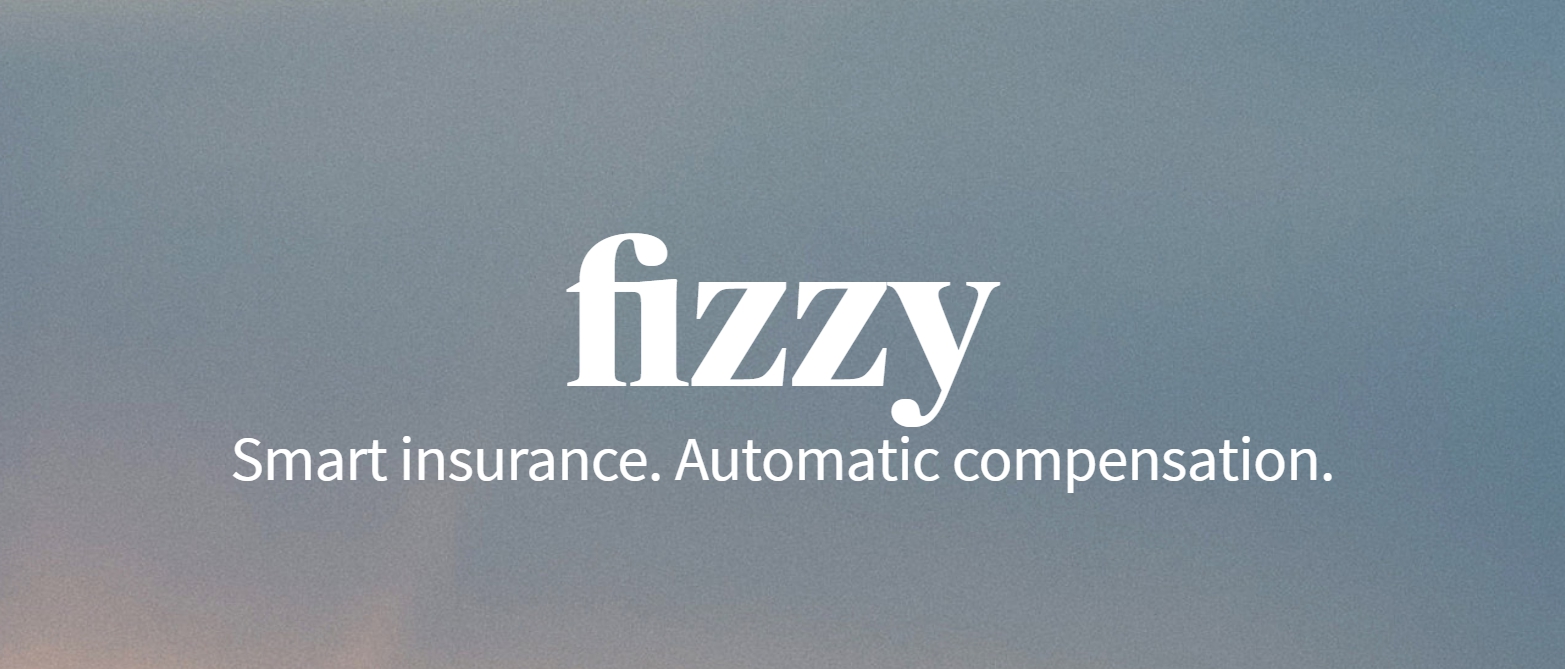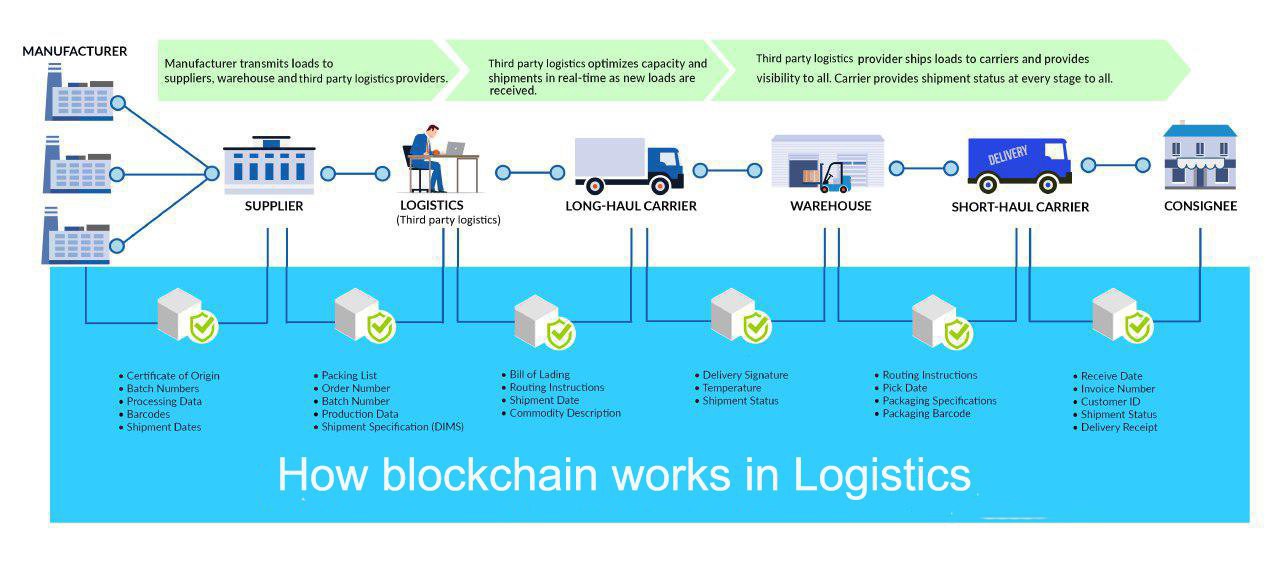If you think we are going to talk about cryptocurrencies and the way they make payments less expensive, that is only half of the truth. In fact, blockchain, while commonly associated with Bitcoin and Ether, is much broader than that. Indeed, blockchain is a platform on which cryptocurrencies operate, however, this platform has a much greater potential for businesses in almost any sector of the economy.

At its core, blockchain is a different way of storing and managing data. All data in a blockchain exists as a distributed database that is constantly synchronized between all nodes in the network that store it. There is no central entity, no single point of storage, and no main authority responsible for decision-making. All decisions are made by the consensus of users (here, we need to mention that there are several consensus algorithms that, at the end of the day, are meant for the same purpose – transaction approval by the whole network).
As you may have noticed, we haven’t said a word about money or currency yet. And this is perfectly correct, as cryptocurrencies are just a special case of blockchain application. True, today they occupy a large share of both the crypto services market and the news content, but there are other applications of blockchain that are no less important.
The blockchain technology can form cost-effective and flexible environments for virtually any business. In this article, we are going to discuss the cases where blockchain can be used to achieve higher performance at reduced costs. And none of them will be about cryptocurrencies and their trading.
Power and energy
The power and energy sector is known to be extremely cost-consuming. Besides, until recently, the humankind was getting its power from non-renewable sources, such as oil and gas. This practice was causing a lot of concerns and called for measures of finding renewable sources of energy that can replace the traditional ones.
At the moment, a lot of attention is focused on the development of wind and solar power complexes. Particularly, rooftop solar power installations are becoming increasingly popular. Any household can place solar panels on their roof and sell the generated energy to other consumers.
Such power networks seem to be specially meant for blockchain. With solar power equipment installed on private property, the energy transactions occur directly between the producer and the consumer without any central entity. Blockchain can facilitate such peer-to-peer energy transactions enabling fast and transparent exchange between any two users of the network.
A blockchain-based power network can perform multiple functions covering all energy-related needs of the community:
- Energy distribution directly between the producers and consumers
- Formation of a complete power ecosystem including the capacities for generation, storage, and transportation
- Management of the billing and payment system within the community
- Handling of power surplus generated by solar panels and making it available for purchase within the network
Such system of peer-to-peer power transactions will be less costly than the traditional ones with centralized management and payments made via the banking channels. When the community monitors and handles its own power supply and demand, the cost-effectiveness will be noticeable quite soon. Needless to say, accurate balancing of the supply and demand creates an extremely environment-friendly system.
Insurance
If you have ever filed a claim with an insurance company, you know how long it takes to receive the compensation. Insurance companies need time to check and double-check that the event actually took place. To do that, they request tons of documents and analyze them for months.
Blockchain can actually change that. Putting the insurance terms in a smart contract will make claim processing much easier and faster. The smart contract just needs to verify that the condition is satisfied, and then it triggers the payment sequence without any additional checks or paperwork. Besides the obvious benefit for the clients, the companies can also save a lot on manual labor, as there will be much less data entry, email sending, phone calls and database searches.
The use of blockchain in insurance is no longer a thing of the future. In fact, AXA, a French insurance company is already running a beta version of its blockchain-based fizzy program that offers coverage for any flight delay over two hours.

Once you see how it works, it is both simple and brilliant. The program runs on a smart contract that receives all flight data from the tickets. On the other hand, the same smart contract is fed all departure and arrival data from a global air traffic monitoring system. The scheduled and actual arrival times are compared, and should the difference exceed two hours – bingo, the payment is triggered automatically.
No claim filing, to waiting for it to be processed, no AXA personnel assigned to these tasks – you can imagine the cost savings. Cutting the processing costs may eventually make the price of the policy lower.
Logistics

There is, probably, hardly an industry that is as bureaucratic as logistics. By its nature, moving the goods between regions, countries, and continents is a process involving dozens of authorities and entities:
- Manufacturers and customers
- Logistic companies
- Insurance companies
- Carriers – air, sea, road, rail
- Controlling authorities – customs, veterinary services
- Ports, airports, railway stations, warehouses
Each of them issues multiple papers in multiple copies. While logistics services try to achieve certain unification, there are still differences in codes, names, standards, even languages. As a result, cargo transportation, especially international one with multiple carriers, is accompanied by tons of differently formatted paperwork – invoices, contracts, waybills, customs declarations, certificates of origin, and lots more.
The cost of documentation is estimated to reach as high as 15-20% of the total shipment cost. Moreover, with such complex documentation passing through dozens of offices, the risk of fraud gets especially high. Sometimes, for example, it may become difficult to verify the origin of the goods when a certain paper is missing or incorrect.
You, probably, see the potential for blockchain already. With moving the documentation to the blockchain network, the logistics industry will reduce its costs greatly. The goods data entered at the origin will remain unchanged until the destination without any additional effort. The origin of the goods can be easily traced due to the inherent immutability of the blockchain records. As a result, most of the hard copies and email correspondence will become obsolete.
Maersk, a global logistics company, has partnered up with IBM in creating a blockchain platform for more efficient and less costly cargo handling. At the moment, the project is still in development, but the potential is clear.
Healthcare
Healthcare, while heavily dependent on accurate documentation and data management, is also known for handling enormous amounts of very sensitive data. All over the world, any information related to someone’s health is considered highly confidential. Thus, medical institutions and hospitals are struggling with keeping accurate patients’ records and protecting them at the same time.
The situation gets more complicated when the same patient needs to be treated or examined in different institutions. In this case, hospitals need to request the patient’s data from each other which definitely takes time and exposes the patient’s records to the risk of theft during transfer. And when there is an emergency and each minute counts, a delay may literally become a matter of life or death.
Storing patients’ data in a blockchain will, on the one hand, solve the problem of record sharing between the hospitals and, on the other hand, allow reducing the administration costs in each hospital participating in the network.
Needless to say, such blockchains should be private giving access by permission only, so that to prevent any unauthorized access to the patients’ data.
Internet-of-Things
The idea of merging blockchain and IoT has been in the air for a while already. As IoT systems get increasingly complex supporting devices of various kinds by different manufacturers, the idea of a secure, effective and not too costly platform is being researched by many companies.
Blockchain as a decentralized system for handling connected devices seems to be an answer to many issues that exist currently. Today, IoT systems are based on powerful data centers that consume a lot of power and administrative costs and make a perfect target for outside attackers.
Blockchain allows establishing direct communication between connected devices without a central node. At the same time, the decentralized network will have no single point where an attack can bring it all down. Blockchain can also serve as a secure storage for any IoT device current and historical data, as well as a means of monitoring their status.
An IoT network based on blockchain needs no large and expensive data centers while enabling secure and fast data communication and processing.
On a final note
Of course, this is not an exhaustive list of blockchain use cases where it can help to save costs. Virtually any industry that deals with extensive documentation and communication can benefit from implementing blockchain. Think, for example, of education where academic degree validation means a lot of manual work and correspondence. Or pharmaceutics, where huge volumes of data related to chemical compounds, tests, and patients are to be stored, exchanged and analyzed.
Blockchain has a great potential of saving time and costs, and since we all know that “time is money”, its cost-saving abilities are beyond question. Enterprise blockchain solutions are getting recognized as an excellent method of optimizing business flows and procedures reducing the costs in the process.
We will be happy to share our knowledge and expertise in building public and private blockchain networks of various size for any industry. Our experts can provide professional consultations on the most optimal blockchain implementation in each particular case. Browse our portfolio to get an idea of the tools and technologies we work with and contact us to discuss your project in more detail.